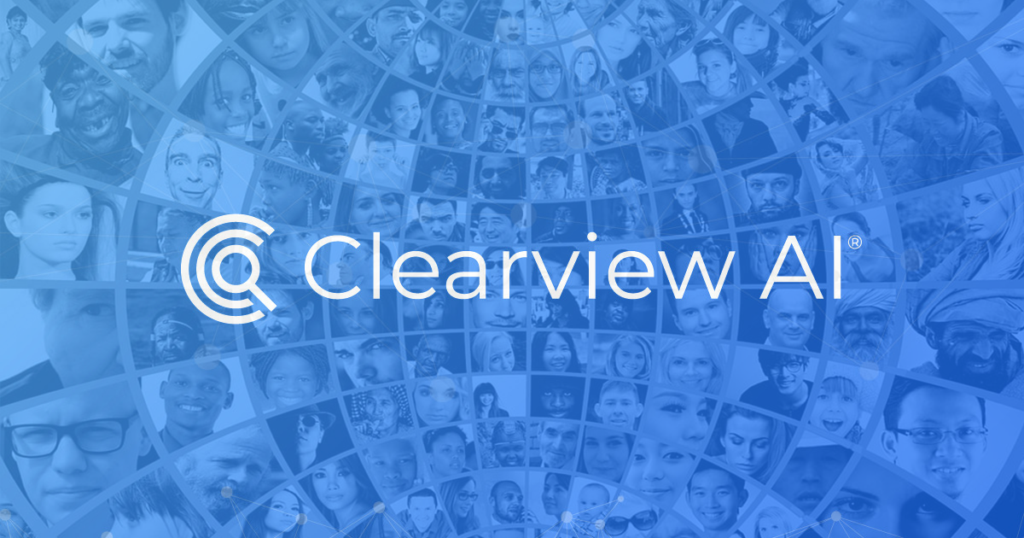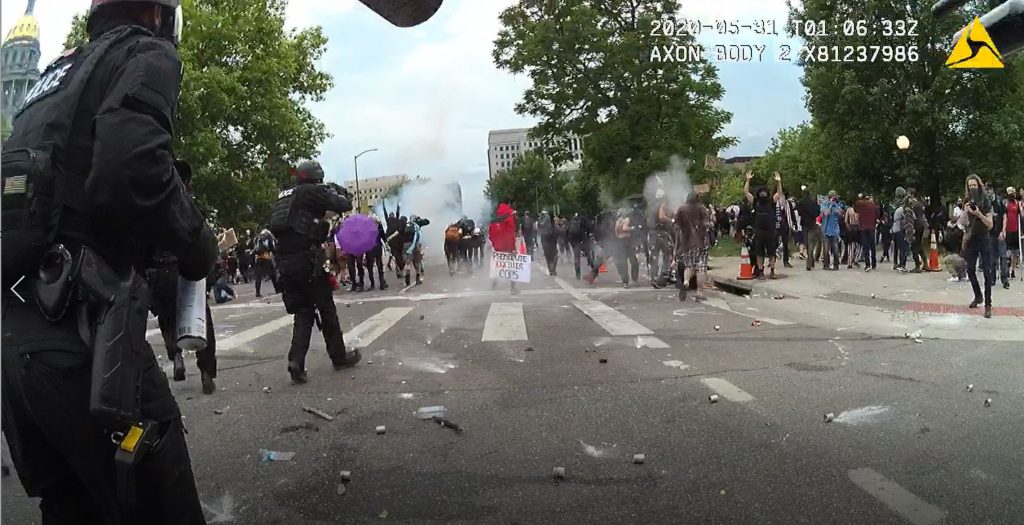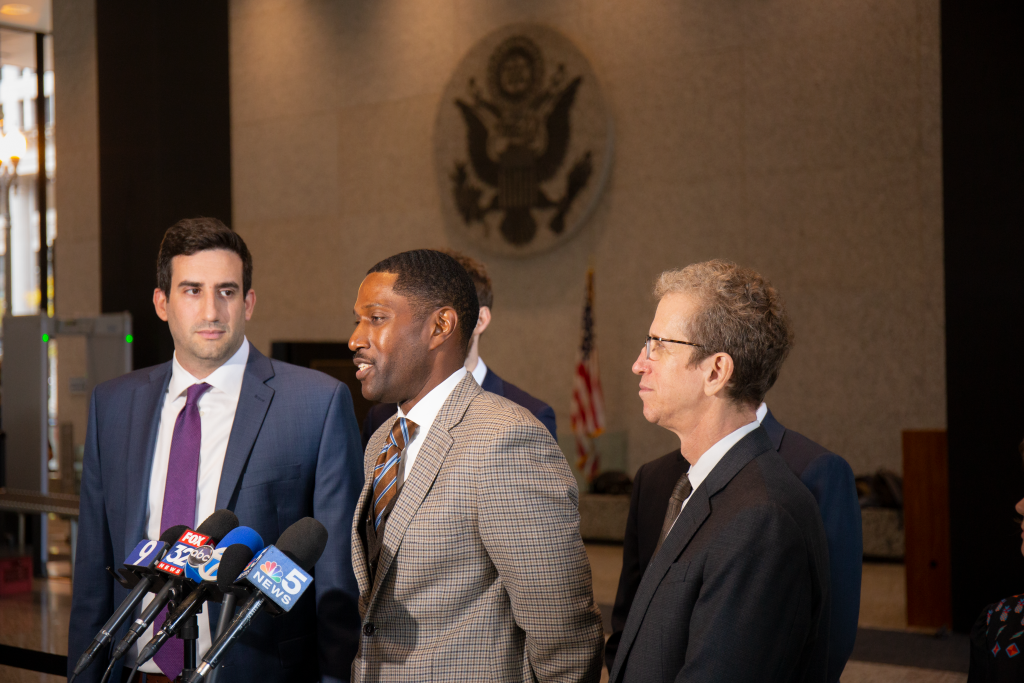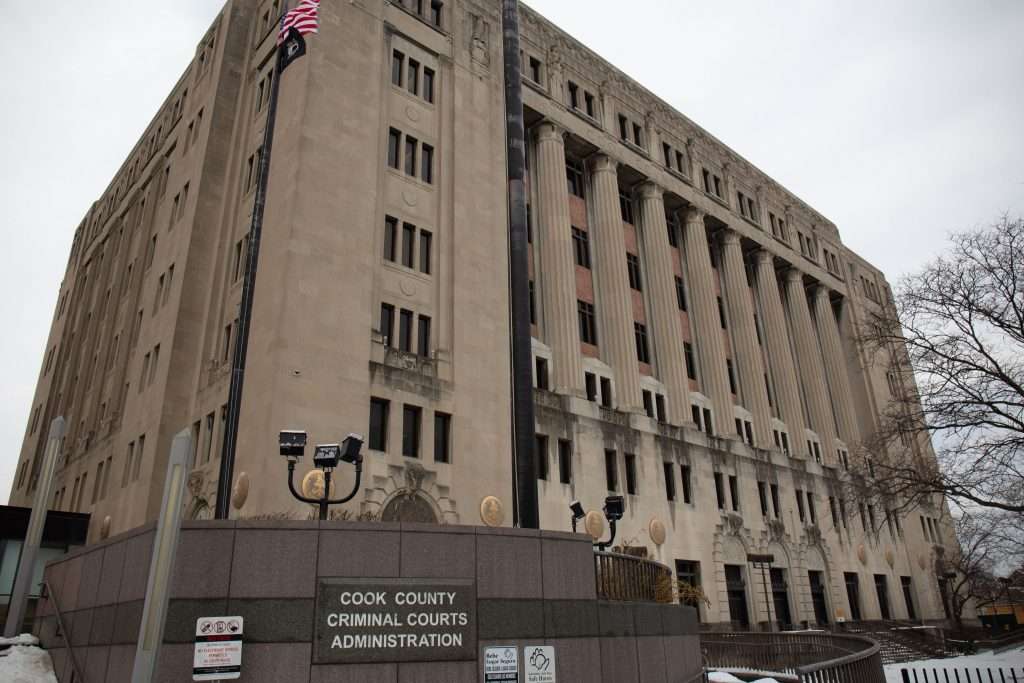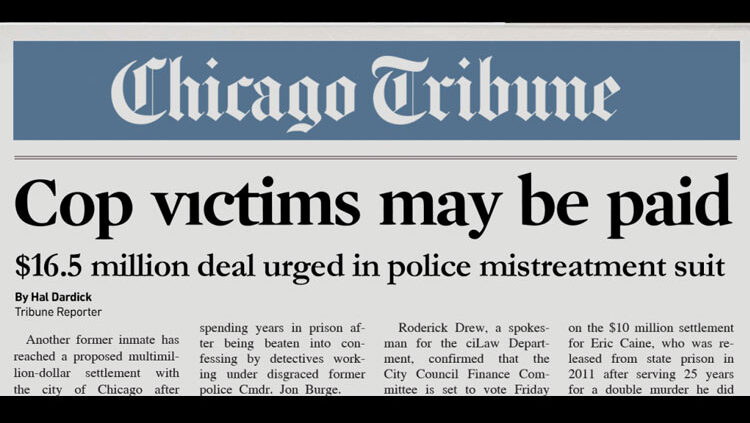Home » Class Actions » Class Action – Artificial Intelligence
Artificial Intelligence Class Actions
AI platforms are harvesting music, art, and personal data without permission to fuel their models and profits. If your creative work or data was used, you may be entitled to compensation.
Experienced AI Class Action Attorneys
Generative AI is booming, but much of that “innovation” rests on stolen inputs. Music engines scrape entire sound recordings and lyric sheets. Voice engines scrape and train on people’s voices. Image models vacuum up copyrighted logos, illustrations, and brand assets. Chatbots ingest private emails, medical records, and browsing histories – data users never agreed to share. The result: AI companies cash in while creators lose control and individuals lose privacy.
Loevy + Loevy is out to change that. We have filed three class actions on behalf of musicians whose tracks power “instant songs,” and are preparing class actions on behalf of people whose voices were used to train voice AI models, and graphic designers whose work feeds logo generators, and everyday people whose personal data fuels ever-hungrier models. We don’t settle for token licensing fees and press releases. If an AI company refuses to pay fair value and purge unlicensed content, we will take the case to a jury. Trial is not our fallback. It’s a proven tool we wield with confidence.
Our lawyers unite deep copyright and privacy expertise with technical know-how: we trace training datasets, deconstruct model weights, and show juries exactly how “new” outputs copy the originals. Our goal is simple: cash relief for creators and users, court-ordered deletion of stolen material, and strict guardrails that stop future theft. AI class actions should protect talent, restore consent, and force tech firms to innovate without exploiting the people who make creativity possible. That is our mission in every AI case we take, however long the fight.
Class Action Wins
Current Artificial Intelligence Class Action Cases
Music AI
Artificial Intelligence
AI music companies like Suno and Udio train their models on the copyrighted work of hardworking musicians. If you are the rights-holder of music on the internet, you may be entitled to compensation.
LEARN MORE
ACTIVE
BIPA AI
Artificial Intelligence
AI voice platforms train on millions of voiceprints scraped from the internet without permission. If your voice is online (on YouTube or other platforms), you may be entitled to compensation.
LEARN MORE
INVESTIGATION
Graphics AI
Artificial Intelligence
AI design platforms train on millions of copyrighted images scraped from the internet without permission. If you own artwork online, you may be entitled to compensation.
LEARN MORE
INVESTIGATION
Why Join a Class Action?
Joining a class action means shared costs, greater leverage, and a real chance to hold wrongdoers accountable—all without taking on the fight alone. And you pay nothing unless we win.i

Class Action Practice Areas
Consumer Protection
Companies that have hidden fees, distort ads, or sell defective products break consumer-protection laws. If you paid for something under false terms, you may be entitled to compensation.
Gambling
Sports-betting and online gaming platforms lure players with misleading promos, unfair odds, and delayed payouts. If deceptive practices cost you money, you may be entitled to compensation.
Privacy/BIPA
Businesses that leak personal data, track users secretly, or harvest face and voice prints break state and federal privacy laws. If your data was taken without consent, you may be entitled to compensation.
Healthcare/PBMs
Insurers, hospitals, and pharmacy-benefit managers often inflate prices, bury fees, or steer patients toward costlier drugs. If unfair billing or pricing raised your costs or cut your reimbursements, you may be entitled to compensation.
Artificial Intelligence
AI platforms are harvesting music, art, and personal data without permission to fuel their models and profits. If your creative work or data was used without your consent, you may be entitled to compensation.
Government Accountability
Public agencies that overcharge, seize property, or trample constitutional rights can be held liable. If official misconduct harmed you or your community, you may be entitled to compensation.
FAQs
What is a class action lawsuit?
A class action is a type of lawsuit in which one or more people sue on behalf of a larger group who were harmed similarly.
It’s often used when a company’s misconduct affects many people, such as in cases of consumer fraud, data breaches, or illegal surveillance.
Will it cost me anything to participate?
No. Loevy + Loevy handles class actions on a contingency basis, meaning you pay nothing unless we win.
There are no upfront costs, no hidden fees, and no risk to you.
How do I know if I qualify?
Each case has specific criteria, such as where you live, what happened, and when.
Our team will review your situation confidentially and let you know if you’re eligible.
If you’re unsure, it’s always worth asking.
What will be expected of me after I join?
For most class members, very little. Our attorneys handle court filings, discovery, and negotiations.
You may be asked to provide documents or answer questions, but only the named representatives typically appear for depositions or hearings.
We keep every class member updated throughout the case.
How long does a class action usually take?
Timelines vary, but complex class actions often last two to three years or longer because courts must rule on class certification, motions, discovery, and (if no settlement is reached) trial and appeals.
How is any settlement money divided?
If the case succeeds, the court-approved settlement or judgment specifies how funds are distributed.
After litigation costs and the court-approved attorneys’ fee, the remainder is shared among eligible class members, typically in proportion to each person’s damages or a formula set by the court.

